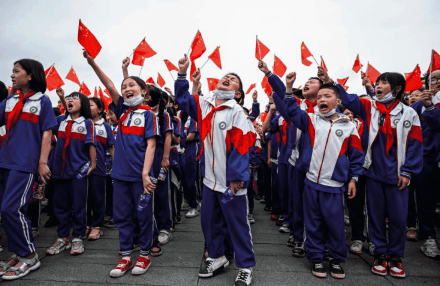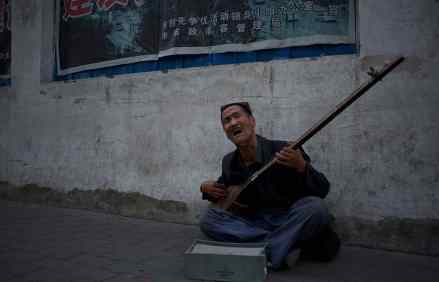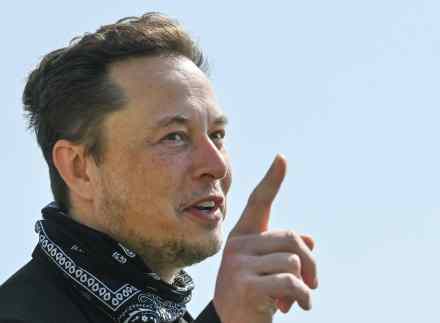Have Xinjiang’s camps been closed?
42 min listen
A few months ago, an intriguing article in the Washington Post shed light on the latest situation Xinjiang, the western region of China where the Uighur minority live. The two journalists, Eva Dou and Cate Cadell, saw on their travels around the region last summer that many of the infamous re-education camps had been shut down, or turned into quarantine centres. A new phase of Beijing’s campaign in Xinjiang seems to have started. So what’s really going on there now, and what does this mean for the lives of the Uyghur people? I’m joined by Professor James Millward from Georgetown University, author of Eurasian crossroads: a history of Xinjiang, to find out. Jim had





